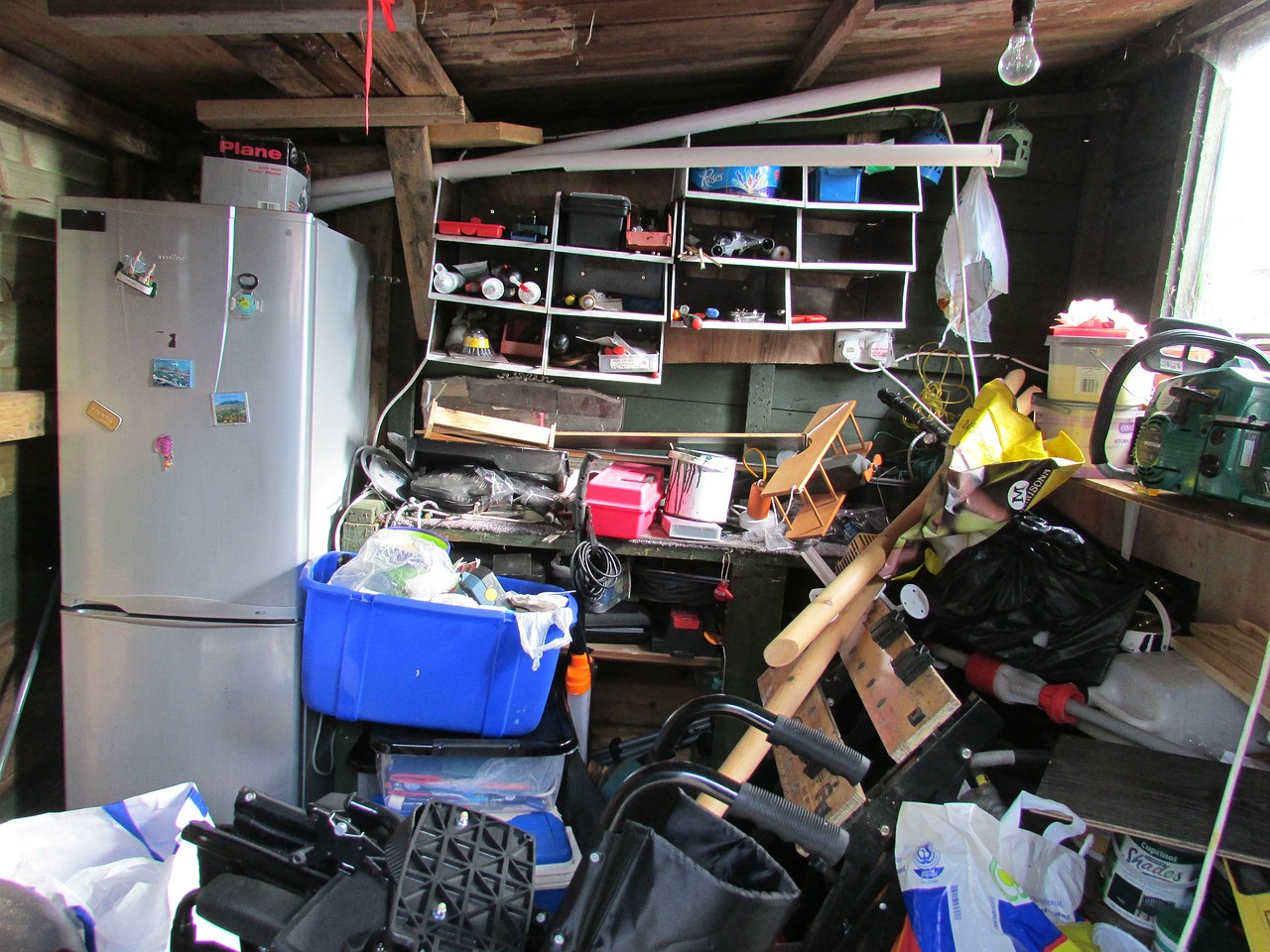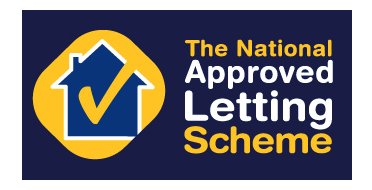If you are a landlord in Langley, we are here to assist you, so get in touch with Addison Giles if you need a helping hand. It can be challenging to find the right tenant and it is hard to meet their needs and expectations, however, you must also ensure that your property meets certain standards and regulations.
An important issue for landlords to consider with respect to the condition of their home is the energy efficiency of their property. The Minimum Energy Efficiency Standards, or MEES, came into effect in April of last year. This required all new tenancies occur in a property which held an EPC rating of an E or higher. The majority of rental accommodation meets this standard but landlords whose home didn’t meet the standard had to carry out improvements or seek an exemption if they wished to continue letting the property.
Changes are coming in April 2020 that will affect all landlords
However, as of April 2020, the minimum rating of an E will apply to all rental properties, including existing tenancies. Therefore, it is important that all landlords have their property reviewed and that they make sure it has an EPC of at least an E.
Once a landlord has an EPC, it remains in place for ten years. If significant work is carried out at the home, there will need to be a new test carried out but aside from this, the certificate can last for a decade. It is also possible for landlords to carry out a new test if they have undertaken energy efficiency improvements at home.
Landlords can benefit from energy efficiency improvements
There is a lot to be said for having proof of improved energy efficiency standards in a rental home. The more energy efficient a home is, the higher its value will likely be, and landlords should be able to charge a higher rental fee. If tenants can pay less money on energy bills each month, they may be happy paying higher rental fees, so there is an opportunity for landlords to improve their rental income.
Some of the most common energy-efficient home improvements landlords can carry out include:
- Adding cavity wall insulation
- Placing low energy lighting or energy efficient bulbs around the home
- Making sure the loft is properly insulated
- Having double glazing at the home
Some of these improvements are simple and affordable, so there should be an opportunity for all landlords to make improvements at their home. When MEES was first introduced, funding was made available to help landlords carry out improvements. If a landlord was going to be out of pocket in improving the standard of their home, they would be exempt from the regulation.
This is no longer the case. Landlords now have to pay up to £3,500 to carry out home improvements with respect to MEES and the minimum EPC rating.
It is also important that Langley landlords understand the issues that come from not complying with the regulations. A landlord can be fined up to £4,000 if they let out property that doesn’t hold the required EPC.
At Addison Giles, we are committed to helping Langley landlords run their business, comply with regulations and offer the finest standard of service to their tenants. If you require any help or guidance in pleasing your tenants, get in touch and we will be more than happy to assist you.












